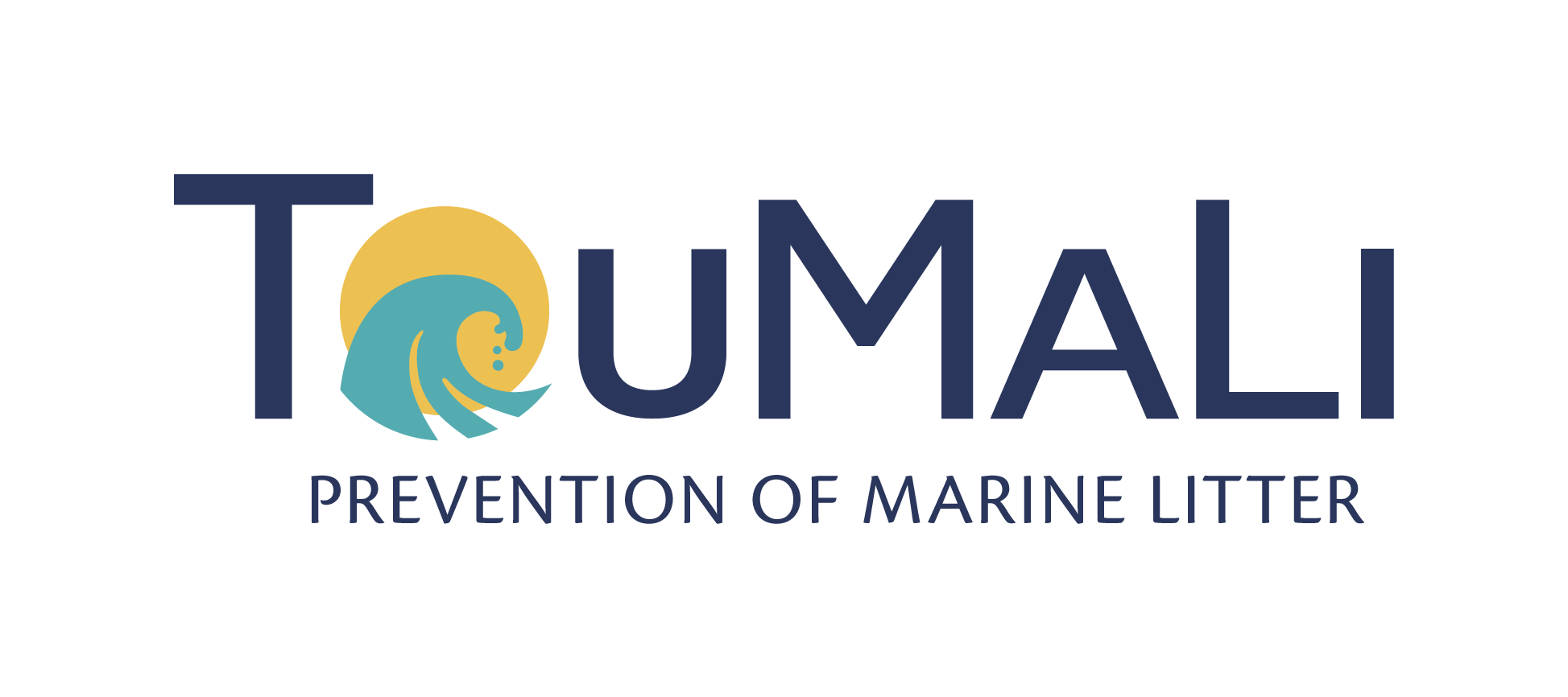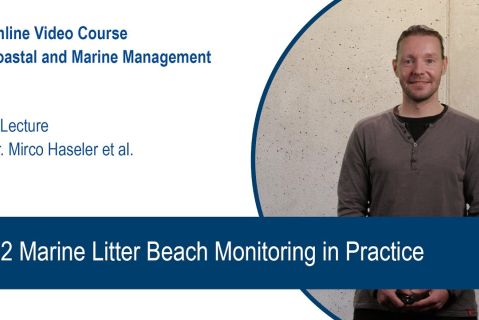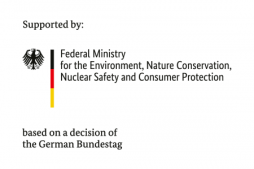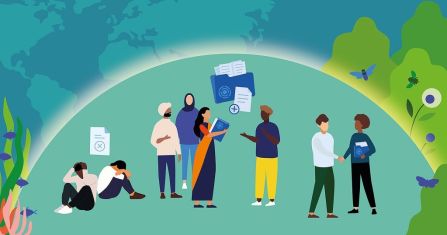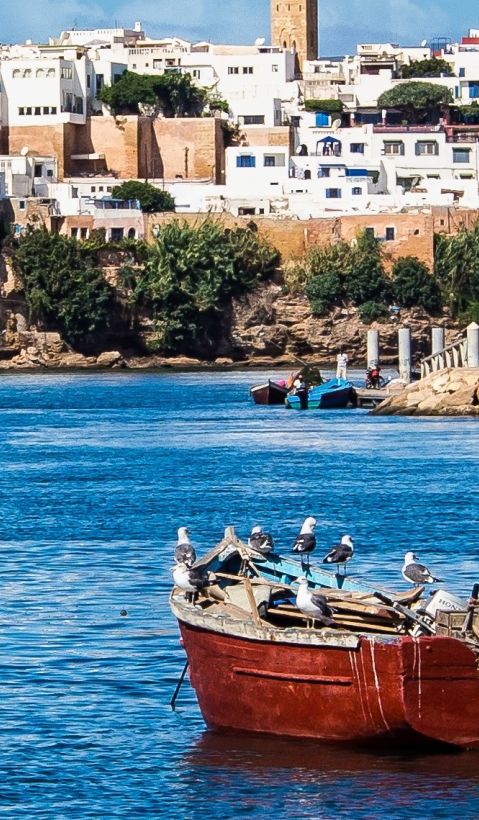
Reducing Tourism Marine Litter in Northern Africa through the Contribution of a Sustainable Waste Management System
About 85 % of floating marine litter and 45-95% of surface marine litter consist of plastics. Much of this waste originates from the tourism sector which represents one of the most vital industries of the local economies.
North African countries are currently facing challenges in dealing with increasing marine pollution, which require legal, financial, institutional and technical solutions. Therefore, the German Federal Ministry for the Environment, Nature Conservation and Nuclear Safety (BMU) is funding the "TouMaLi" project, which is being carried out as part of the BMU's 2020 funding program against marine litter.
TouMaLi contributes to the reduction of waste flows into the seas of the MENA region caused by tourism, while promoting circular economy solutions such as the reduction and reuse of unavoidable waste in Morocco, Tunisia and Egypt.
The project, led by the University of Rostock and supported by a consortium of eight other institutions from academia, think tanks and businesses, as well as local political partners, aims to significantly reduce marine litter until 2025 through the following measures: baseline assessment of marine litter pollution, development of an overall strategy for waste management, awareness raising, and capacity building as well as knowledge transfer to key stakeholders in the target region, such as hotels and communities.

Honorary title, in recognition of the voluntary action taken in combating pollution from plastics, awarded by the EU funded “Water and Environment Support (WES)” project, in partnership with the Union for the Mediterranean and the Mediterranean Action Plan of the United Nations Environment Programme
 uni-rostock.de
uni-rostock.de
